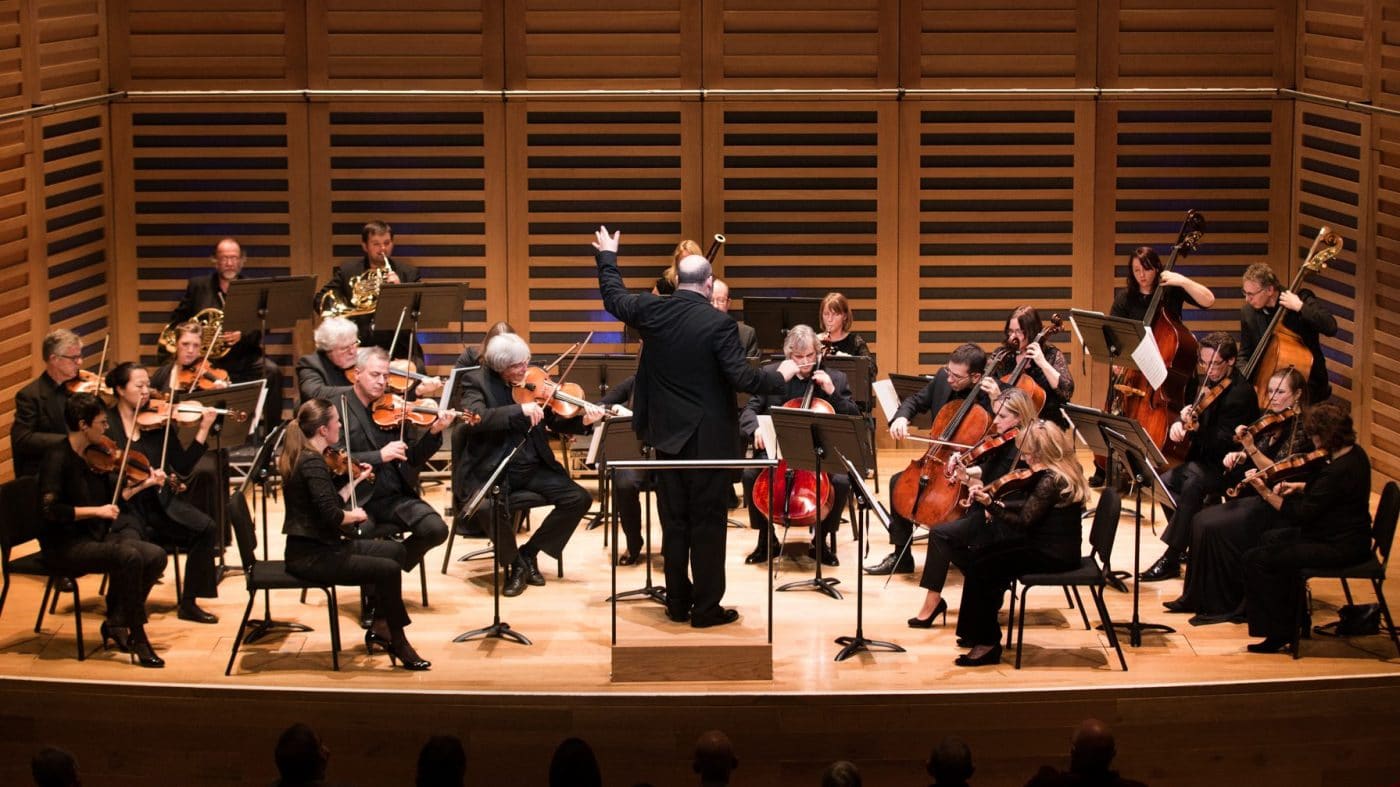
Programme
Barber Adagio for Strings
William Grant Still arr. Zur. Dismal Swamp
Gershwin arr. Farrington Rhapsody in Blue
Copland Quiet City
Copland Appalachian Spring (original extended Ballet Suite)
Artists
About this Concert
In the second of their ‘American & Canadian Sounds’ concerts, the London Chamber Music Society present this concert featuring some highlights of twentieth-century American music. Samuel Barber’s famous Adagio for strings is followed by the tone poem ‘Dismal Swamp’ by William Grant Still. Gershwin’s popular Rhapsody in Blue is performed in a striking arrangement for chamber orchestra before we have two pieces by Aaron Copland; the haunting sounds of ‘Quiet City’ and the original chamber orchestra version of his famous ballet suite ‘Appalachian Spring’ from the 1940s.Reviews
Richard Whitehouse – Arcana.fm
London appearances by the English Symphony Orchestra being so infrequent, it was good to see an (understandably) scaled-down orchestra returning to Kings Place for the series American & Canadian Sounds that is taking place under the auspices of London Chamber Music Society.
The ubiquitous Adagio that Samuel Barberarranged from his only string quartet almost had to feature here, but that no hardship given the excellence of the ESO’s playing – the silence after its climax rightly made the focal-point around which this whole performance revolved.
Although his music never entirely went away, the extent of William Grant Still’s output has barely been explored so all credit to Kenneth Woodsfor championing Dismal Swamp (heard here in an effective reduction by Noam Zur). Taking its cue from a short yet intense poem by playwright Verna Arvey (Still’s second wife), this 15-minute tone poem evokes the no-man’s land between Virginia and North Carolina across which escaped slaves once fled to freedom. Its concertante role for piano subtly embedded into the orchestral texture, the music charts a progression from sombre desperation to outward elation through a subtly extended tonality (Still having studied with composers as distinct as Chadwick and Varèse) whose apotheosis elides between resolve and equivocation with a fervency which was tangibly in evidence.
Roman Kosyakov was the admirable pianist here as in George Gershwin’s Rhapsody in Blue. This also was heard in reduction, Iain Farrington’s arrangement combining the immediacy of Ferde Grofé’s original scoring with the Europeanized grandeur of his later orchestration. Placing the piano rear-centre of the platform likely accounted for any occasional failings of coordination, but Kosyakov’s characterful playing – not least in the lengthy developmental cadenza and ensuing ‘big tune’ – held one’s attention through to the indelible closing bars.
The play by Irwin Shaw for which he wrote incidental music might have passed into history, but Quiet City is among Aaron Copland’s most effective shorter pieces – its halting dialogue between cor anglais (Rebecca Wood) and trumpet (Stuart Essenhigh) given context by the modal plangency of its string writing.
The programme ended with Copland’s Appalachian Spring – heard here in the familiar suite but in the original orchestration with its prominent part for piano, along with solo woodwind contributions that stand out more clearly against the string nonet. Familiar as this music may be, its understated harmonic shadings and keen rhythmic ingenuity are never easily realized in performance, and it was testament to the ESO’s playing that the piece emerged as vividly and as cohesively as it did. In particular, the penultimate sequence of variations on ‘Simple Gifts’ had an unforced eloquence (the last statement of the Shaker hymn eschewing any hint of bathos) which carried through into the coda – its evocation of community no less affecting for being so idealized, and in music such as more than warrants that misused term ‘iconic’.
A rewarding programme and a welcome London appearance by the ESO, which will be back in action next month with (inter alia) a concert at Oxford’s Sheldonian Theatre that features a major new work by Robert Saxton as part of the orchestra’s ‘21st Century Symphony Project’
